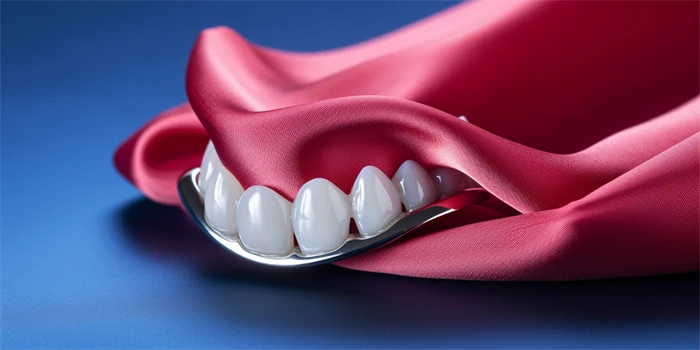Can I Eat Shrimp After Dental Bone Graft in Cork?
Introduction
Dental bone grafting is a common procedure used to restore bone density and structure in the jaw, often necessary before dental implants or other oral surgeries. Patients often wonder about their dietary restrictions post-surgery, particularly regarding seafood like shrimp. This article will explore whether it is safe to eat shrimp after a dental bone graft in Cork, focusing on several key aspects.

Understanding Dental Bone Grafts
A dental bone graft involves adding bone material to the jaw to strengthen it and provide a solid foundation for dental implants. The graft material can be taken from another part of the patient's body, from a donor, or synthetically created. The healing process typically takes several months, during which patients must follow specific post-operative care instructions.
Dietary Restrictions Post-Graft
Immediately after a dental bone graft, patients are usually advised to stick to a soft diet. This is to avoid putting pressure on the graft site and to prevent any complications such as infection or graft failure. Foods that are hard, crunchy, or require significant chewing should be avoided. Shrimp, being a soft seafood, might seem like a suitable option, but it's essential to consider other factors.
Potential Risks of Eating Shrimp
While shrimp is generally soft and easy to chew, there are potential risks associated with consuming it post-bone graft. Firstly, shrimp can be difficult to clean thoroughly, and any remnants left in the mouth could lead to bacterial growth and infection. Secondly, the texture of shrimp, especially if not cooked properly, might still pose a risk of dislodging the graft material or causing discomfort. Lastly, individuals with seafood allergies must avoid shrimp to prevent allergic reactions, which could complicate the healing process.
Consulting Your Dentist
The best course of action is to consult your dentist or oral surgeon before including shrimp in your diet post-bone graft. They can provide personalized advice based on the specifics of your procedure and overall health. Your dentist will likely recommend avoiding shrimp or any other potentially risky foods until the graft site has fully healed.
FAQ
Q: How long should I avoid eating shrimp after a dental bone graft?
A: It is generally recommended to avoid shrimp and other potentially risky foods for at least a few weeks post-surgery. Your dentist will provide a specific timeline based on your recovery progress.
Q: Can I eat shrimp if I have no seafood allergies?
A: Even without allergies, it's advisable to consult your dentist. The primary concern is not the allergy but the potential for infection and complications related to the graft site.
Q: What should I eat after a dental bone graft?
A: A soft diet consisting of foods like mashed potatoes, yogurt, smoothies, and cooked vegetables is recommended. These foods are easy to consume and less likely to cause complications.
Q: How can I ensure my graft heals properly?
A: Follow your dentist's post-operative care instructions carefully, maintain good oral hygiene, and avoid hard or crunchy foods until fully healed.
Conclusion
While shrimp might seem like a soft and harmless food option post-dental bone graft, it's crucial to consider the potential risks and consult your dentist. Ensuring proper healing and avoiding complications should be the top priority. By adhering to your dentist's recommendations and maintaining a soft diet, you can facilitate a smooth recovery process.




